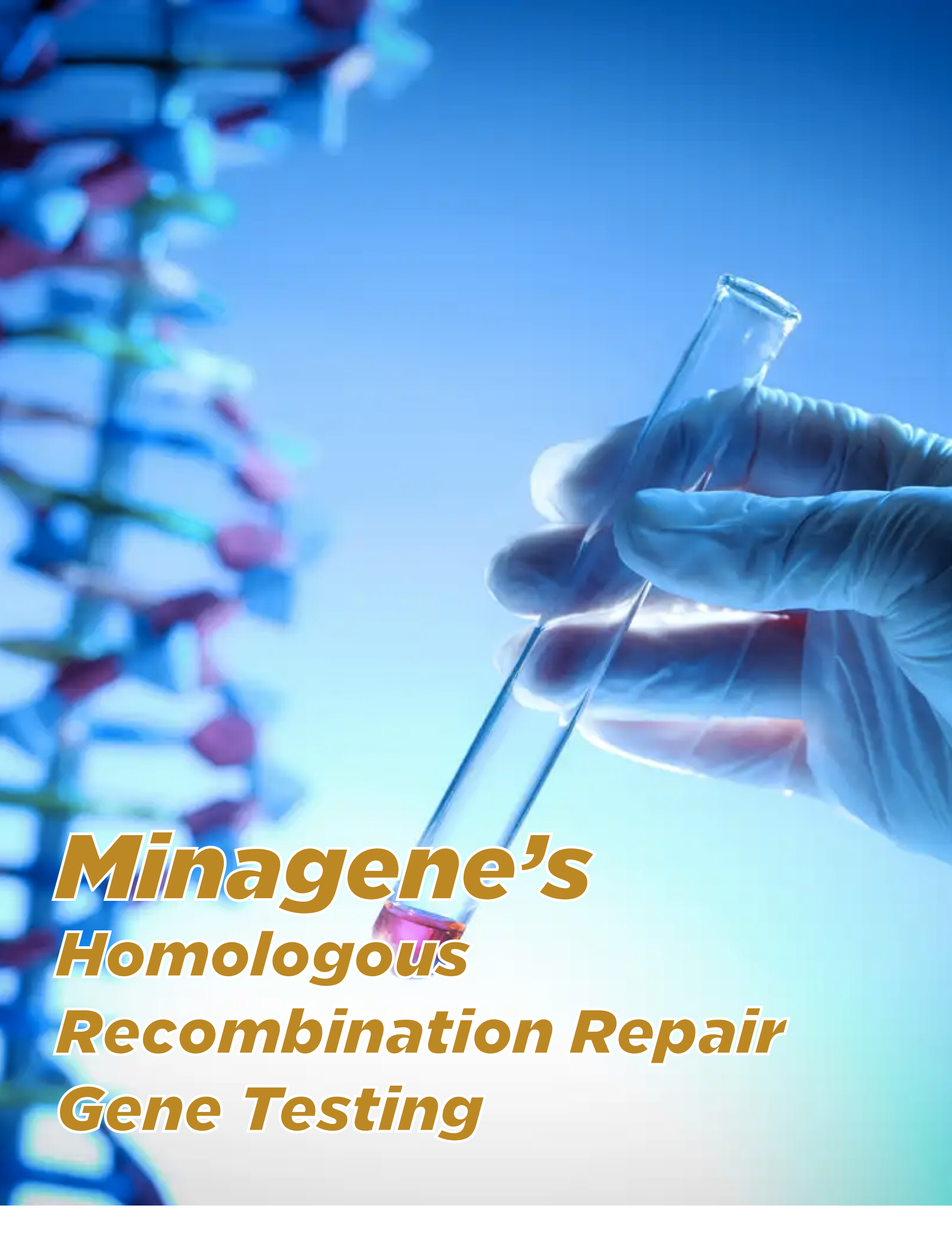
Overview
Minagene offers extensive hereditary cancer panels using hybrid capture-based Next Generation Sequencing to screen for pathogenic variants in high, moderate and low-risk susceptibility genes.
Methodology
Patient DNA extracted from whole blood is simultaneously enriched for all coding exons across a wide spectrum of hereditary breast, ovarian, colorectal, gastric, melanoma and other syndromes. Proprietary analysis identifies risk-associated constitutional mutations.
Key Highlights of Minagene’s Germline Mutation Test for Hereditary Cancers
Key Highlights of Minagene’s Germline Mutation Test for Hereditary Cancers
-Comprehensively screens multi-gene hereditary cancer panels
-Determines lifetime risk projections for improved screening/prevention
-Identifies candidates for targeted therapies and clinical trials
-Allows risk-reducing surgeries or increased surveillance for at-risk relatives
-Features pre/post-test genetic counseling support
By adopting a genome-wide approach, clinicians can definitively assess hereditary cancer predisposition. Identification of pathogenic variants guides optimizing patient and familial management strategies.
When to Consider Minagene’s Germline Mutation Test for Hereditary Cancers
Physicians should order germline testing for cancer patients with strong family histories, early-onset and multiple primary diagnoses to investigate underlying genetic etiologies and inform personalized care.





